
Women look for jobs at a careers fair organized by the Yunnan Provincial Women's Federation in Kunming, Yunnan province, on March 8, 2021. (Photo by Yang Zheng/For China Daily)
Provisions address areas of frequently voiced public concern, official says
Women will be given stronger protection and support in more aspects, including in employment and within their own families, thanks to a newly amended law adopted by China's top legislature.
"The amendment to the Law on the Protection of Rights and Interests of Women highlights the importance of women's reputations and personal rights, in response to several hot issues and public concerns involving women in recent years," said Guo Linmao, an official from the Legislative Affairs Commission with the Standing Committee of the National People's Congress.
He made the remark after the NPC Standing Committee, the country's top legislative body, passed the revision into law on Sunday.
The 86-page revised law underlines that employers must not restrict female employees from promotion or obtaining technical skills due to circumstances such as marriage, pregnancy, maternity leave or breastfeeding, so as to remove discrimination in employment.
Government agencies as well as village and community committees must report, rescue, care and help women if they discover they are being trafficked or abducted, according to the law, which will come into effect on Jan 1.
The law forbids the sexual harassment of women via words, text messages, physical acts or any other means, stipulating that women will be encouraged to report to government departments or public security authorities, or initiate a civil lawsuit if they are sexually harassed.
It also requires employers to make rules and name a special team or personnel responsible for handling sexual harassment, with reporting channels, such as email addresses or telephone numbers, for female employees.
While dealing with such incidents, employers must protect women's personal information and provide psychological aid for the victims if necessary, it said.
It also stated that accommodation operators need to strengthen security measures and contact the police if they discover women are being harmed.
"These contents aim to guarantee special protection for women in line with their practical demands in work and life, and respond to issues that have been frequently complained about among the public," Guo said.
"Amending the law is also a call for all walks of life — government departments, social organizations and enterprises — to care, respect and protect women," he added.
To further safeguard women's privacy and reputation, the law clarifies that media reports must be regulated to avoid them infringing on women's personal rights.
It permits human resources and social security departments to work with trade unions or women's federations to have regulatory talks with employers if companies are found to have trouble guaranteeing women's labor rights and interests.
Moreover, it requires government agencies at all levels to pay closer attention to safeguarding women in difficult situations, especially those who are poor, elderly or disabled.








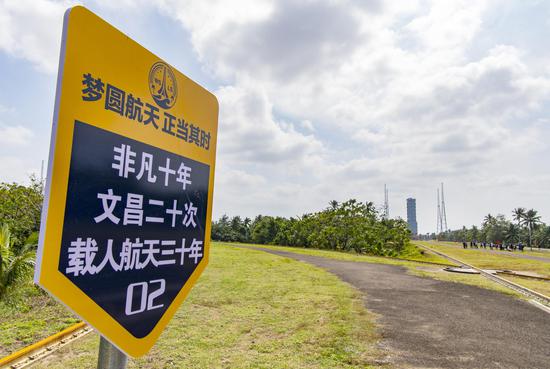


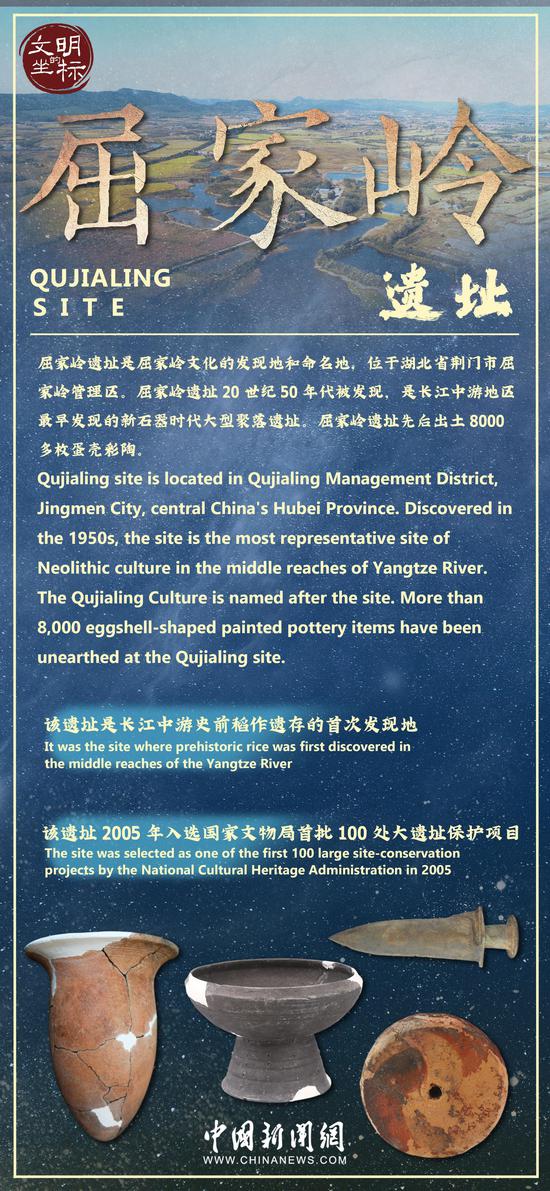









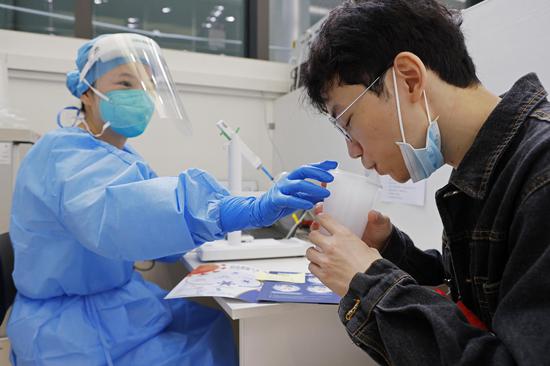





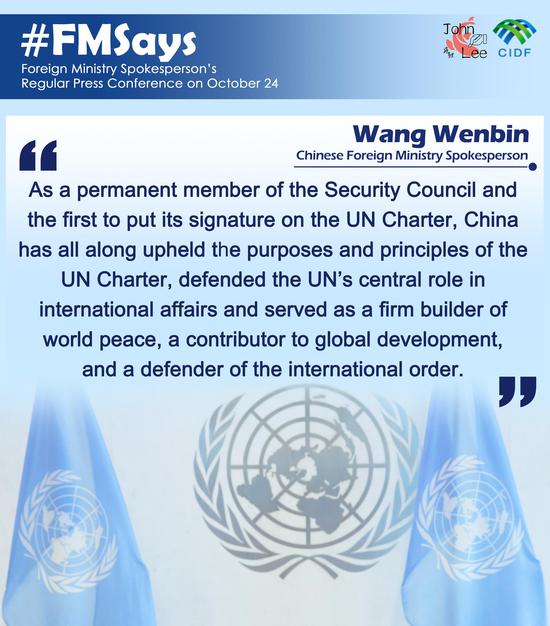



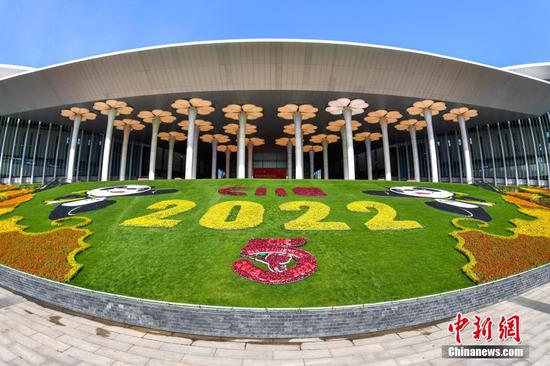



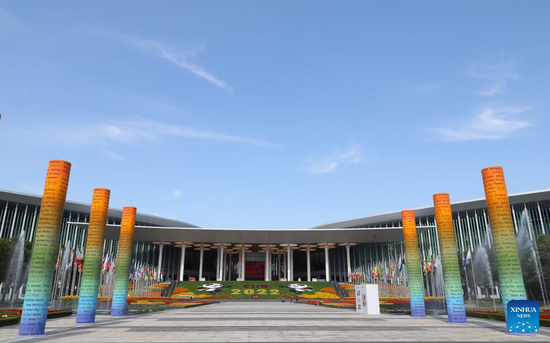
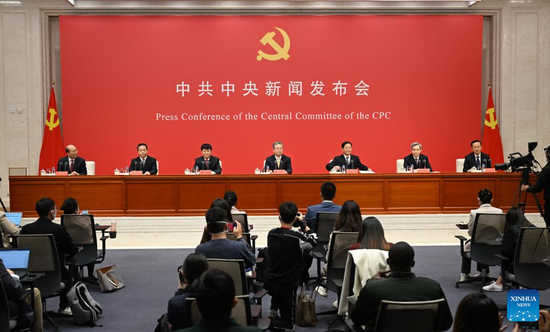




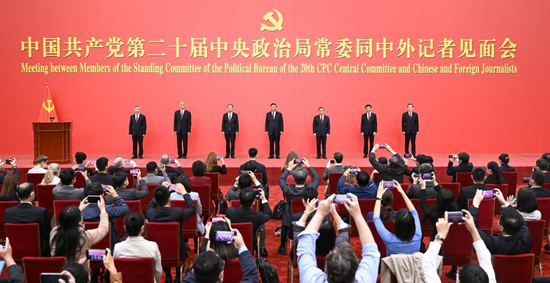








 京公网安备 11010202009201号
京公网安备 11010202009201号